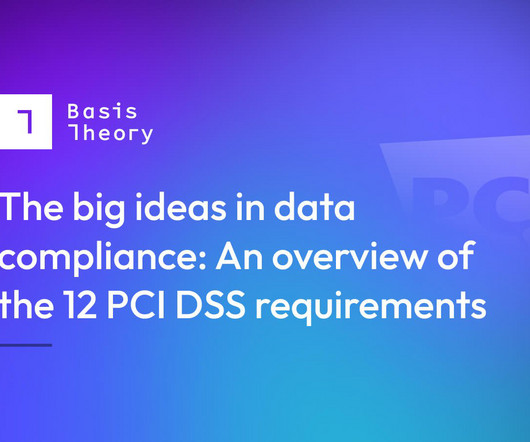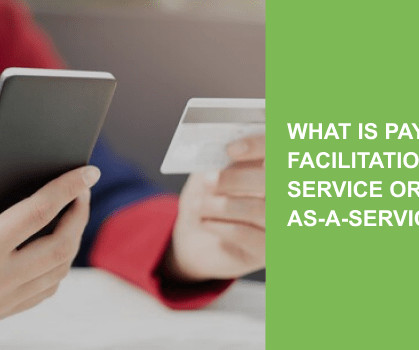Remote Work Business Continuity: Best Practices
VISTA InfoSec
APRIL 5, 2024
This article will discuss the best practices when it comes to business continuity in the remote work era. The aftermath of a data security concern could change the landscape of your business, depending on the incident. This integration is essential as employers move forward with their business continuity plans.






















Let's personalize your content